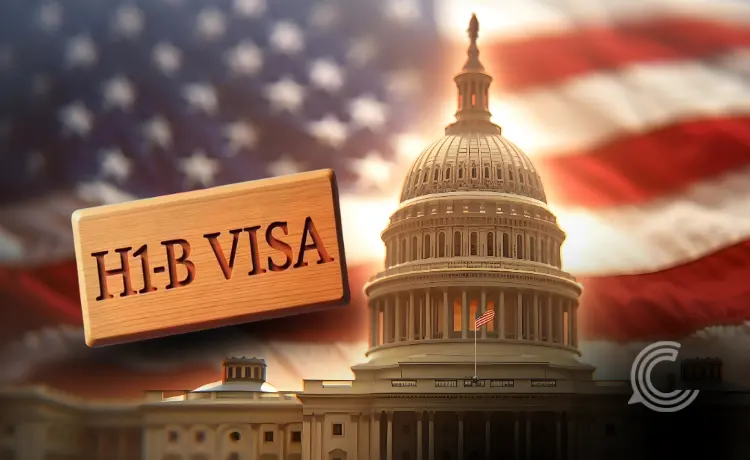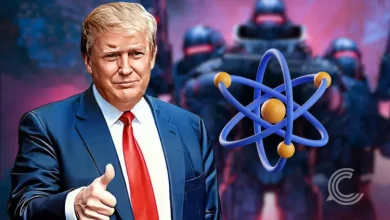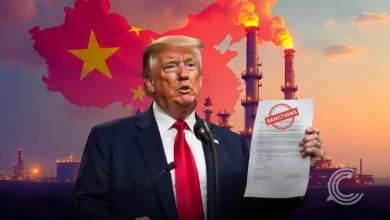The End of Luck: US Moves H-1B Visa Selection to Merit System

Key Highlights–
- DHS Secretary Kristi Noem unveils stricter merit-based criteria for H-1B and Green Card aspirants.
- US replaces the random H-1B visa lottery with a skill- and integrity-focused model.
- Trump signals a policy pivot, backing foreign expertise for defence and manufacturing roles.
The United States is formally moving away from a lottery-based H-1B visa system toward a merit-driven selection model, signalling a fundamental rewrite of its skilled-worker immigration policy. Homeland Security Secretary Kristi Noem, speaking after President Donald Trump defended visa programmes, said the US will keep using them, but with “stronger oversight and integrity checks.”
From Lottery to Merit: A Policy Shift
Appearing on Fox News, Noem said the administration aims to “make sure only the right people get in,” noting that H-1B visa and Green Card processes have already been sped up. She claimed that more foreign-born residents are becoming naturalized citizens than before, adding that the government wants to promote efficiency and accountability.
“We’re going to keep using our visa programmes,” Noem said. “We just want to make sure they have integrity, that people coming here are doing it for the right reasons, not linked to terrorist groups or organizations that hate America.”
Three Rules for Visa Applicants
Noem outlined three non-negotiable criteria for H-1B visa and Green Card aspirants:
- They must not support or associate with terrorist groups or anti-American organizations.
- They must come for legitimate professional purposes, living and working legally in the US.
- They must respect US laws and values, upholding the integrity of the immigration system.
She concluded stating that these guidelines restore “order and accountability” to a process critics long called opaque.
Furthermore, the Department of Homeland Security recently launched Project Firewall to target employer-led visa abuse and introduced a $100,000 filing fee for certain new H-1B visa petitions, moves intended to curb bulk or fraudulent applications.
Trump’s Unexpected Endorsement
In a separate Fox News interview, Trump surprised many by reversing his long-standing hard line on skilled immigration. He acknowledged that the United States “does not have enough special skills for certain jobs,” emphasizing the need for foreign professionals in manufacturing, defence, and academia.
“You can’t take people off an unemployment line and put them in a factory to make missiles. It doesn’t work that way,” Trump said.
His comments mark a notable policy pivot, from rhetoric focused on enabling restrictions on the H-1B visa policies and immigration to one that recognises its strategic value. By backing skill-driven entry, Trump signalled that talent, not nationality, will shape America’s future workforce.
Global Impact on Skilled Migration
The merit-first policy is expected to reshape how companies and professionals worldwide approach the US immigration system. Industry analysts say the reform could benefit highly skilled workers in technology, healthcare, and research, while tightening the space for mass recruitment or low-wage outsourcing models.
Employers may face higher filing costs and stricter vetting, but the system aims to prioritize expertise and transparency. For global talent, it marks a turning point, a shift from chance-based selection to a process that rewards skills, compliance, and integrity.
Rebuilding Order in US Immigration
Noem also contrasted the new framework with what she called the previous administration’s “chaotic approach,” accusing it of having “opened the southern border” and “abused asylum and visa programmes.” She credited Trump’s renewed leadership with restoring structure and confidence to the system.
While the politics behind immigration remain divisive, the direction is unmistakable: Washington is building a process that rewards competence, compliance, and contribution over luck or political favouritism. For millions of skilled professionals worldwide, the message is clear: the era of visa lotteries is ending. The future of US immigration now stands on merit, transparency, and trust.



